The U.S. military says climate change 'poses immediate risks to U.S. national security'

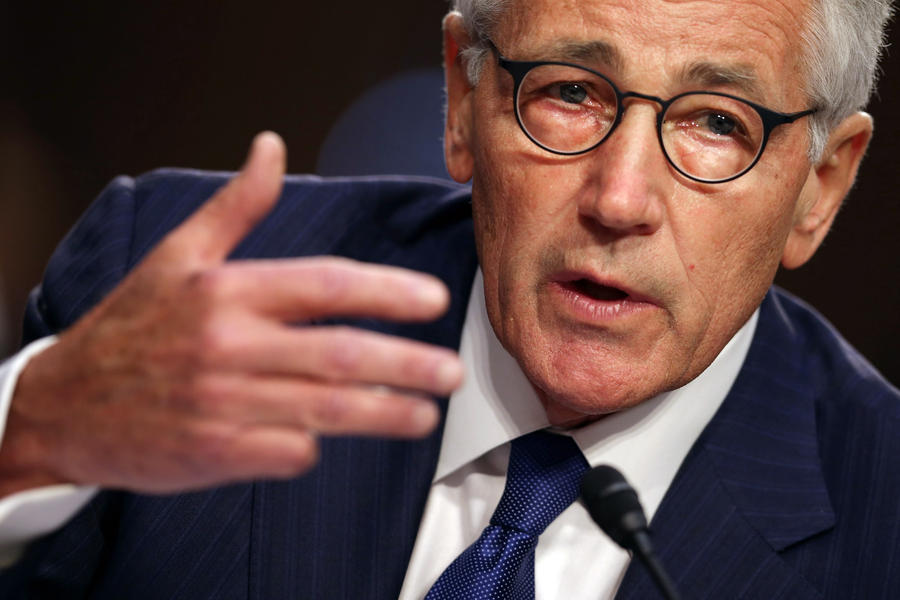
A free daily email with the biggest news stories of the day – and the best features from TheWeek.com
You are now subscribed
Your newsletter sign-up was successful
The U.S. military has considered climate change a national security threat for years, and has been working to reduce its massive carbon footprint by using alternative fuels, for example. But in a report released Monday, the Pentagon for the first time said global warming is a security threat right now. "Climate change will affect the Department of Defense's ability to defend the nation and poses immediate risks to U.S. national security," the 20-page 2014 Climate Change Adaptation Roadmap begins.
Defense Secretary Chuck Hagel reiterated the point at a defense summit in Peru. "We must be clear-eyed about the security threats presented by climate change," he told his fellow defense ministers, "and we must be proactive in addressing them." He added that warming temperatures are a "threat multiplier," exacerbating existing problems from "infectious disease to armed insurgencies," plus new security issues in the future.
Rising sea levels, changing precipitation patterns, increased extreme weather events, and warmer global temperatures are logistical problems for the military, the report notes, but they'll also likely increase food and water shortages, feed instability and mass migration, and increase terrorism and conflict.
The Week
Escape your echo chamber. Get the facts behind the news, plus analysis from multiple perspectives.

Sign up for The Week's Free Newsletters
From our morning news briefing to a weekly Good News Newsletter, get the best of The Week delivered directly to your inbox.
From our morning news briefing to a weekly Good News Newsletter, get the best of The Week delivered directly to your inbox.
Sen. James Inhofe (R-Okla.), the top Republican on the Senate Armed Services Committee and a leading congressional climate change skeptic, said it is "disappointing, but not surprising," that the Obama Pentagon is focusing on global warming while "ISIS is still gaining ground and causing havoc in Syria and Iraq," among "other, legitimate threats." George Washington University's Marcus D. King says that "climate change and water shortages" in Syria may well have fed the creation and growth of ISIS.
A free daily email with the biggest news stories of the day – and the best features from TheWeek.com
Peter has worked as a news and culture writer and editor at The Week since the site's launch in 2008. He covers politics, world affairs, religion and cultural currents. His journalism career began as a copy editor at a financial newswire and has included editorial positions at The New York Times Magazine, Facts on File, and Oregon State University.
-
 Judge blocks Trump suit for Michigan voter rolls
Judge blocks Trump suit for Michigan voter rollsSpeed Read A Trump-appointed federal judge rejected the administration’s demand for voters’ personal data
-
 US to send 200 troops to Nigeria to train army
US to send 200 troops to Nigeria to train armySpeed Read Trump has accused the West African government of failing to protect Christians from terrorist attacks
-
 Grand jury rejects charging 6 Democrats for ‘orders’ video
Grand jury rejects charging 6 Democrats for ‘orders’ videoSpeed Read The jury refused to indict Democratic lawmakers for a video in which they urged military members to resist illegal orders
-
 Death toll from Southeast Asia storms tops 1,000
Death toll from Southeast Asia storms tops 1,000speed read Catastrophic floods and landslides have struck Sri Lanka, Indonesia, Thailand and Malaysia
-
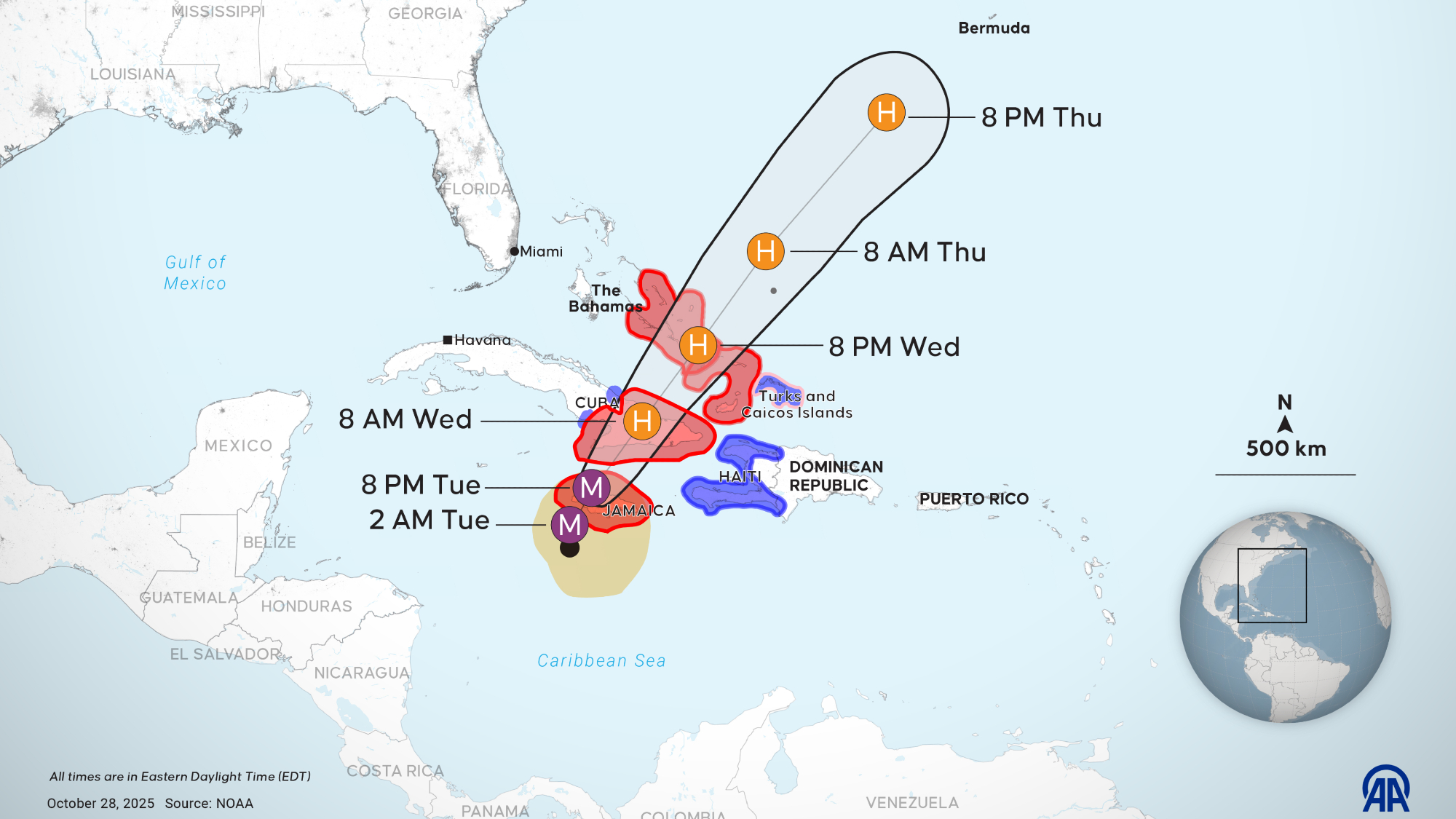 Hurricane Melissa slams Jamaica as Category 5 storm
Hurricane Melissa slams Jamaica as Category 5 stormSpeed Read The year’s most powerful storm is also expected to be the strongest ever recorded in Jamaica
-
 Renewables top coal as Trump seeks reversal
Renewables top coal as Trump seeks reversalSpeed Read For the first time, renewable energy sources generated more power than coal, said a new report
-
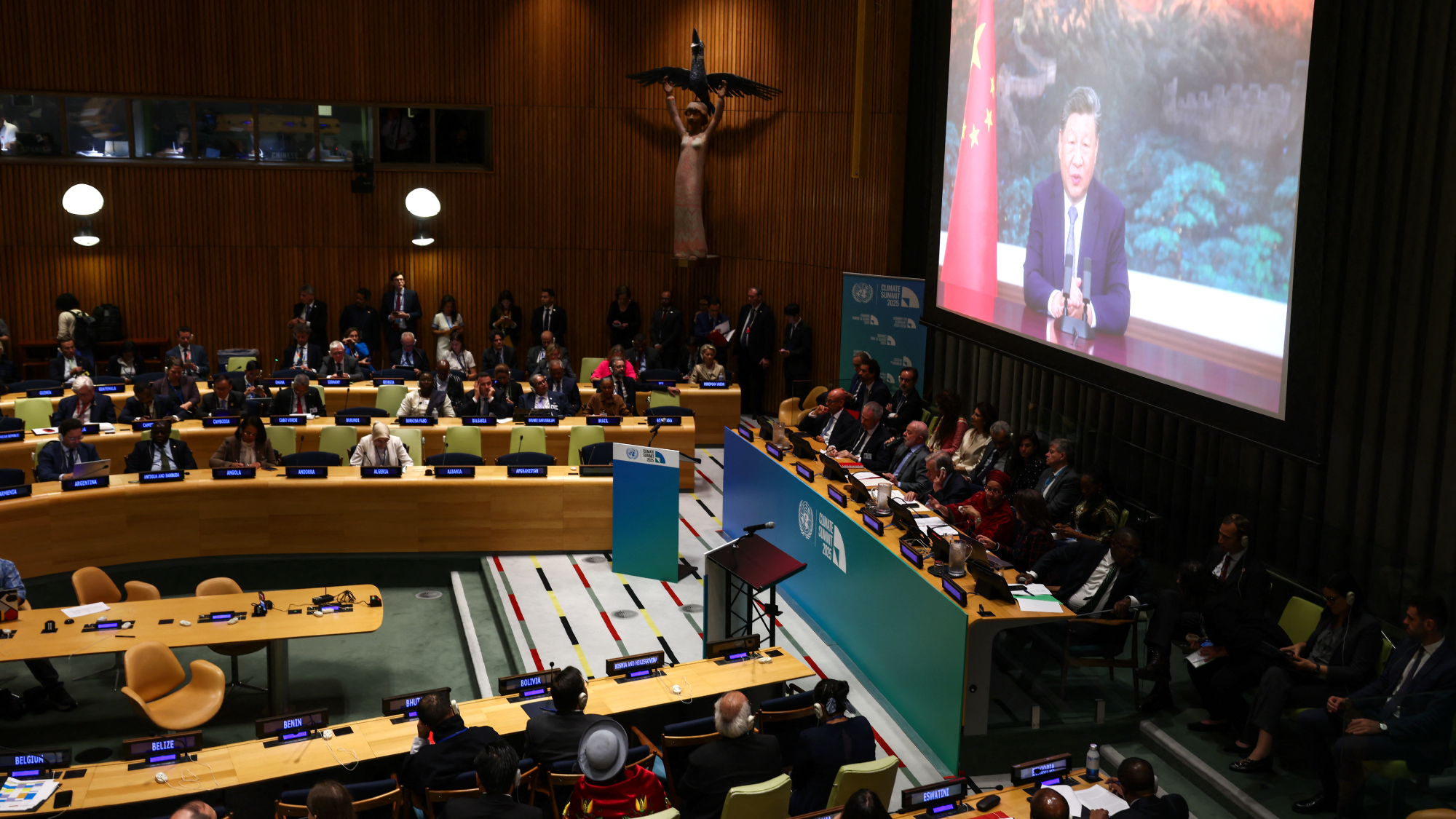 China vows first emissions cut, sidelining US
China vows first emissions cut, sidelining USSpeed Read The US, the world’s No. 2 emitter, did not attend the New York summit
-
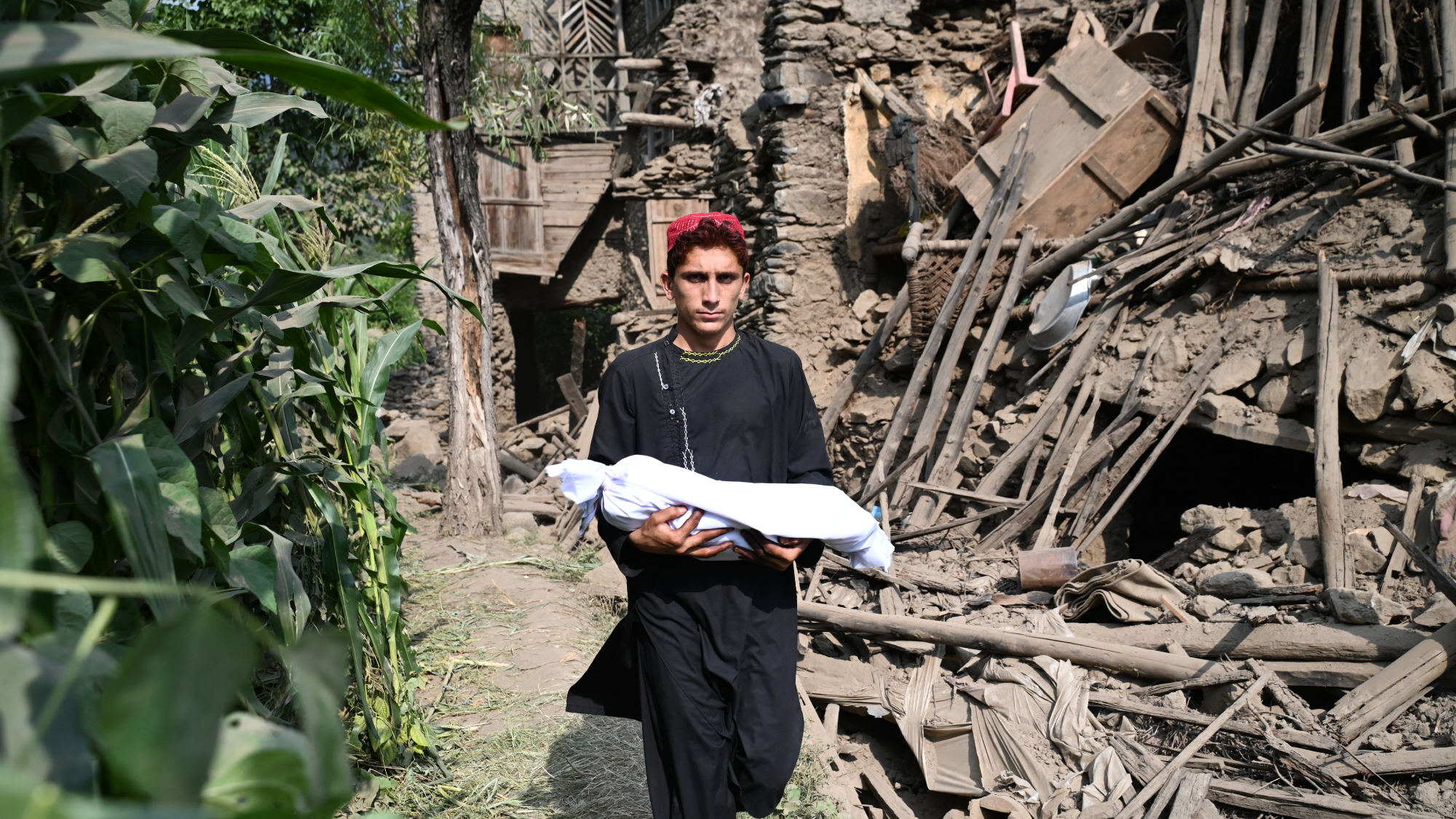 At least 800 dead in Afghanistan earthquake
At least 800 dead in Afghanistan earthquakespeed read A magnitude 6.0 earthquake hit a mountainous region of eastern Afghanistan
-
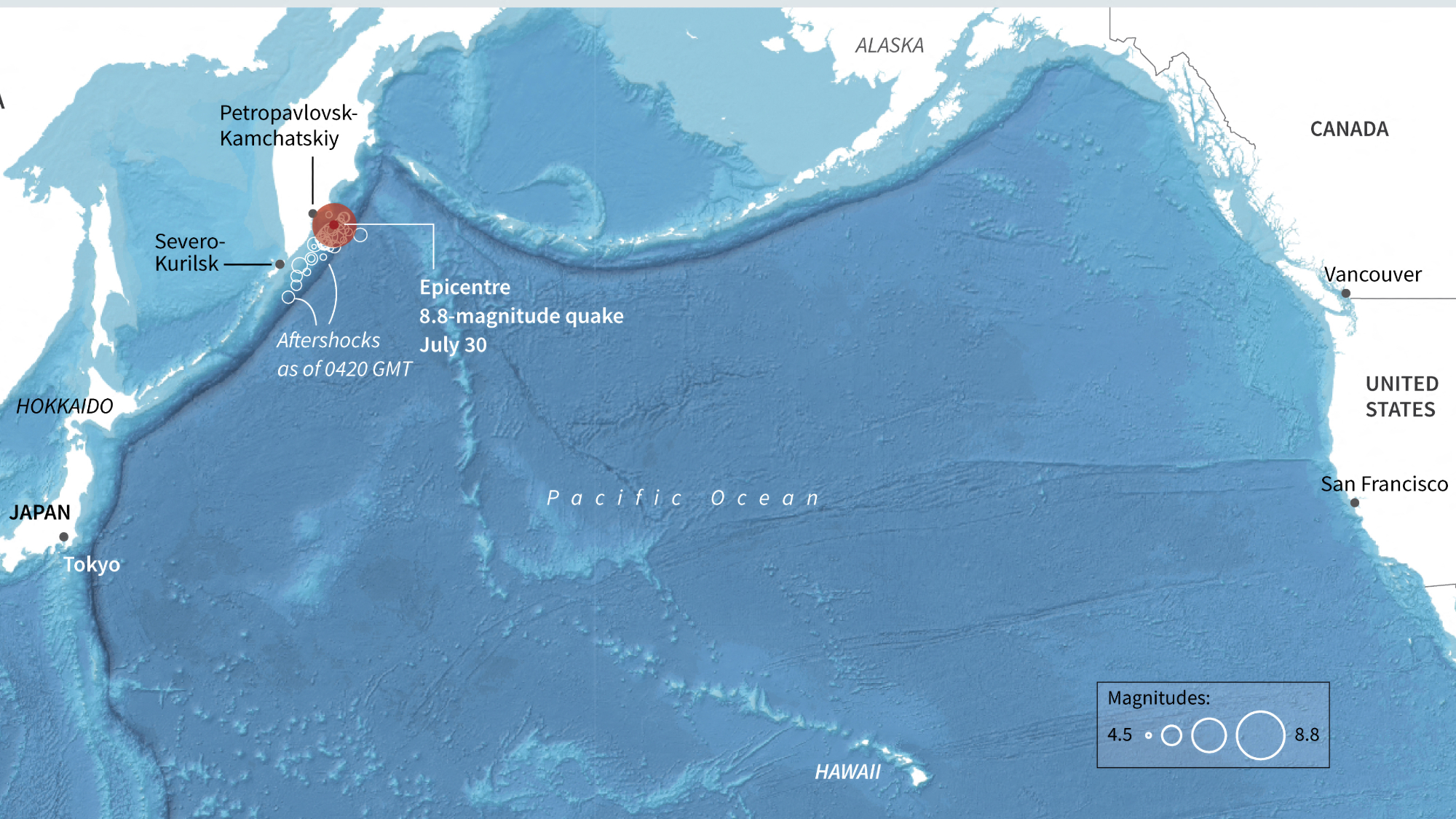 Massive earthquake sends tsunami across Pacific
Massive earthquake sends tsunami across PacificSpeed Read Hundreds of thousands of people in Japan and Hawaii were told to evacuate to higher ground
-
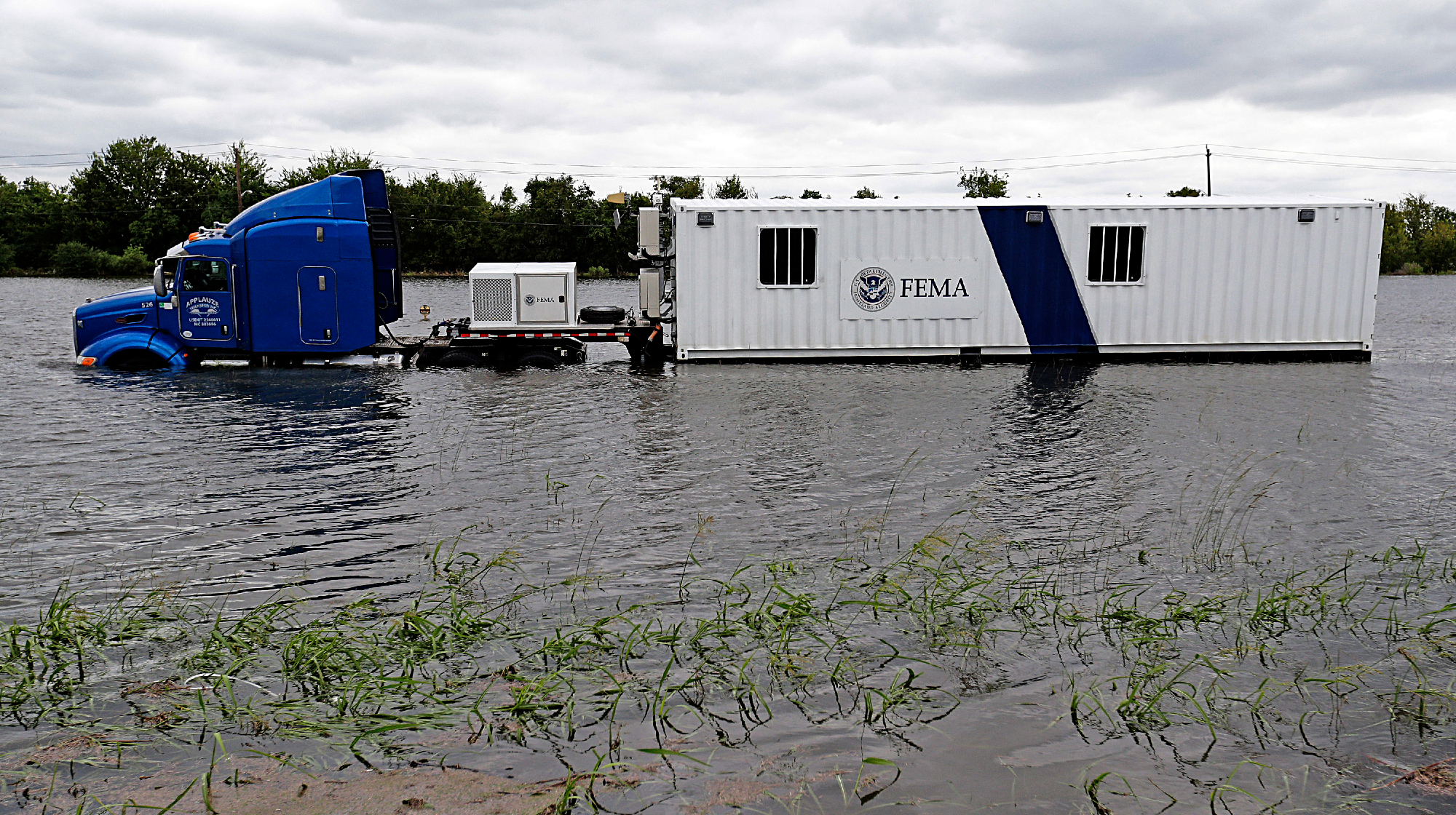 FEMA Urban Search and Rescue chief resigns
FEMA Urban Search and Rescue chief resignsSpeed Read Ken Pagurek has left the organization, citing 'chaos'
-
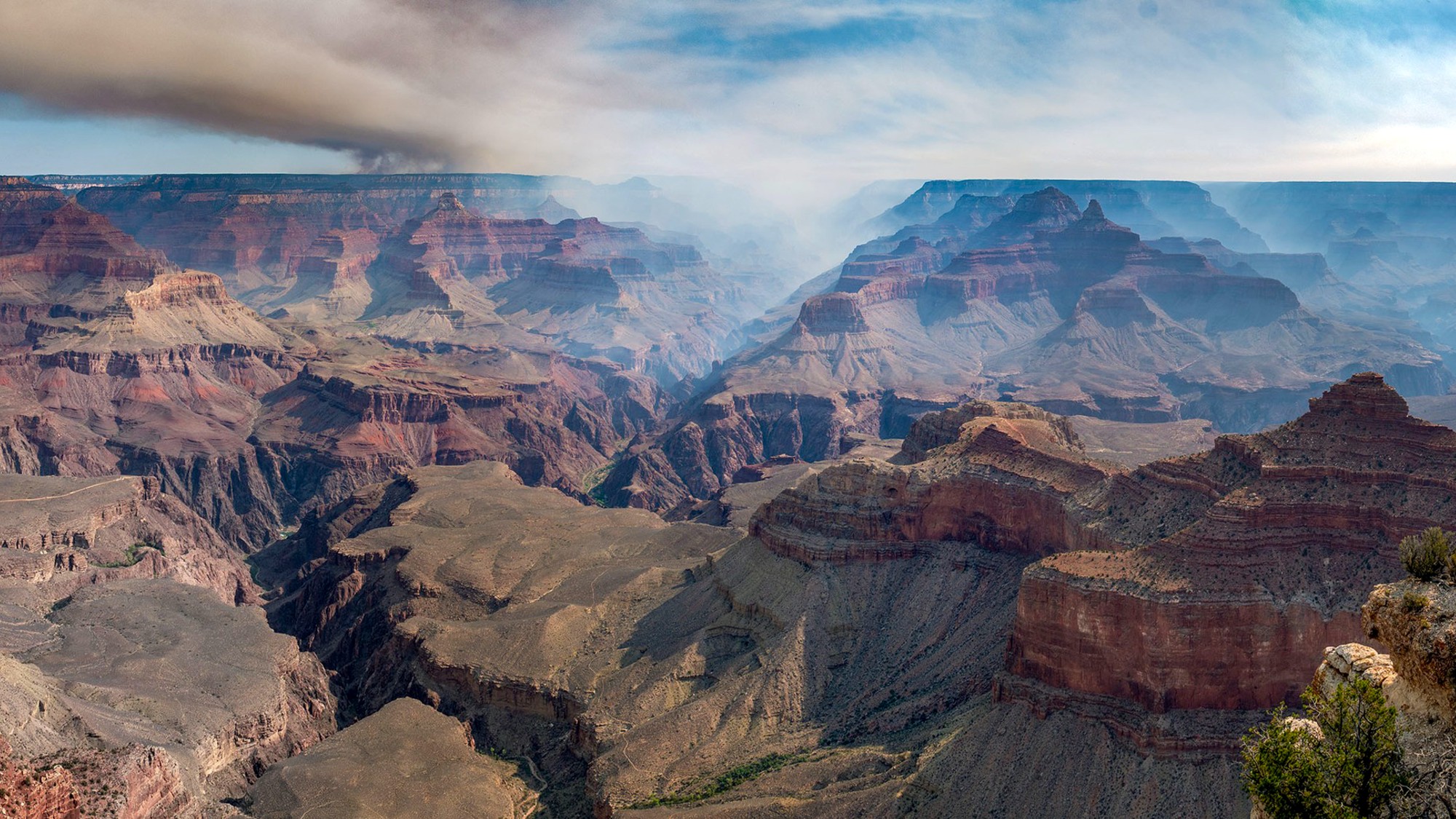 Wildfires destroy historic Grand Canyon lodge
Wildfires destroy historic Grand Canyon lodgeSpeed Read Dozens of structures on the North Rim have succumbed to the Dragon Bravo Fire
